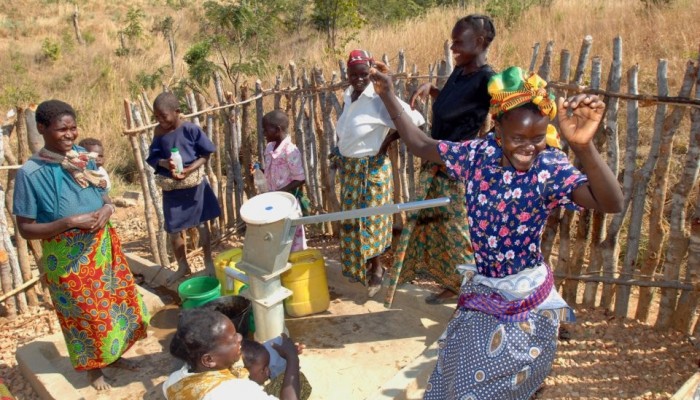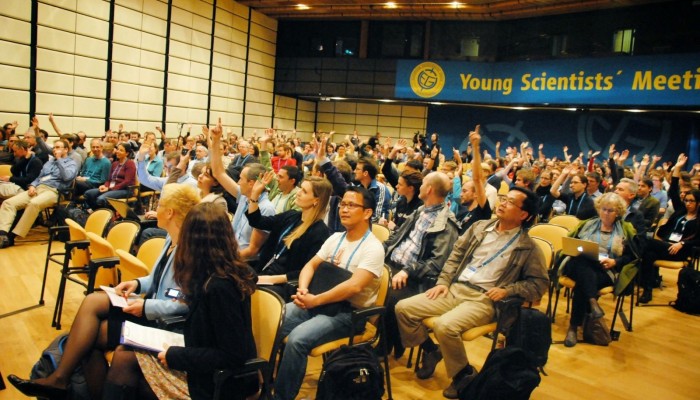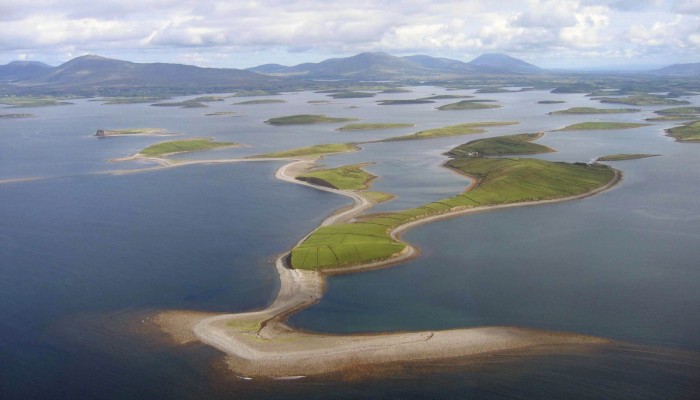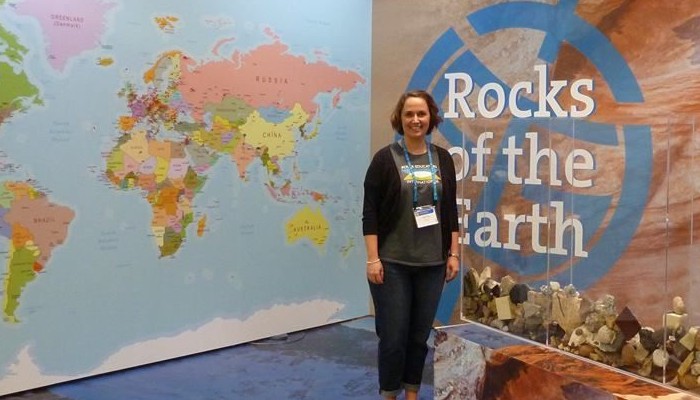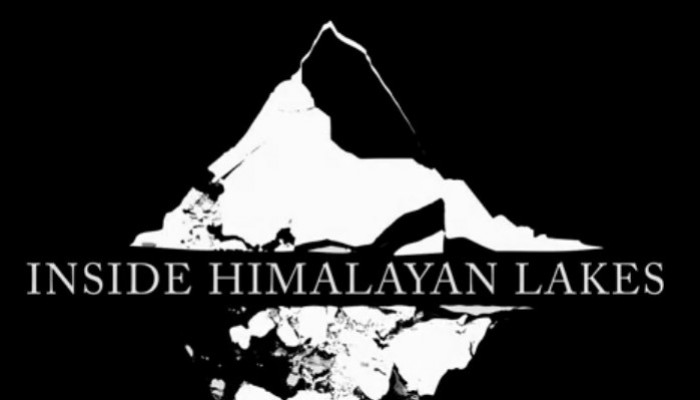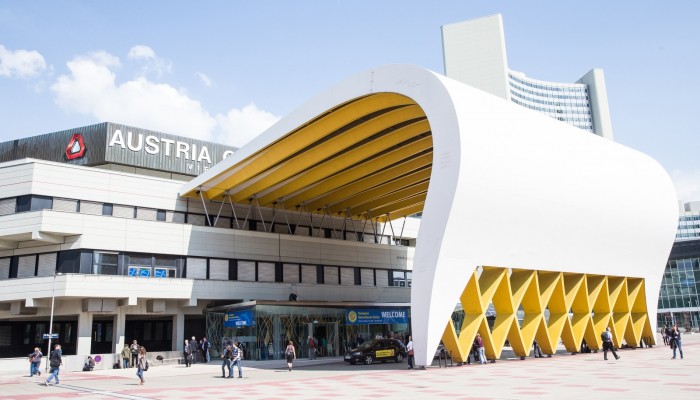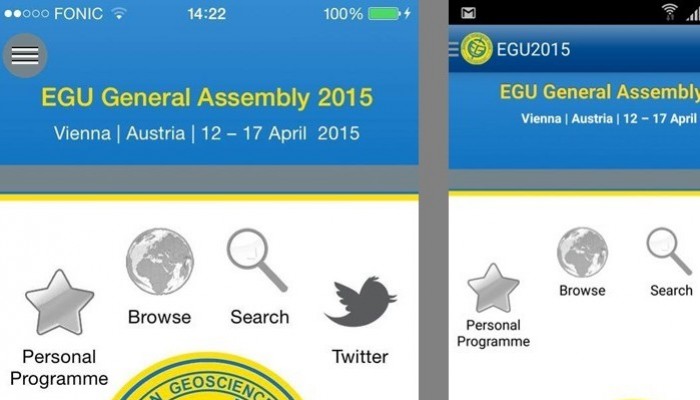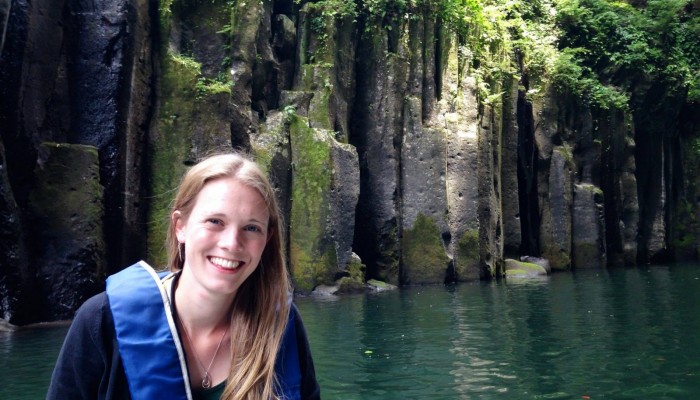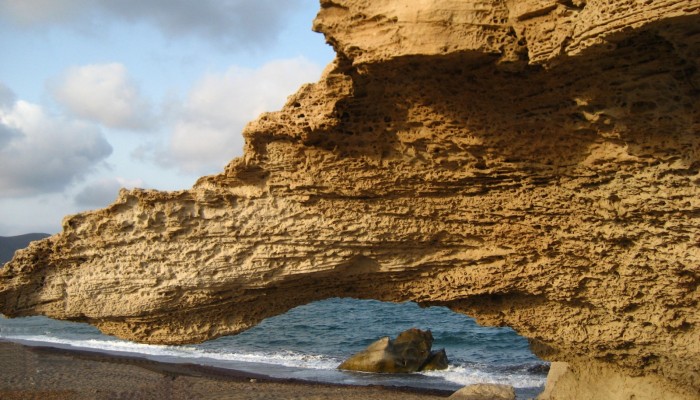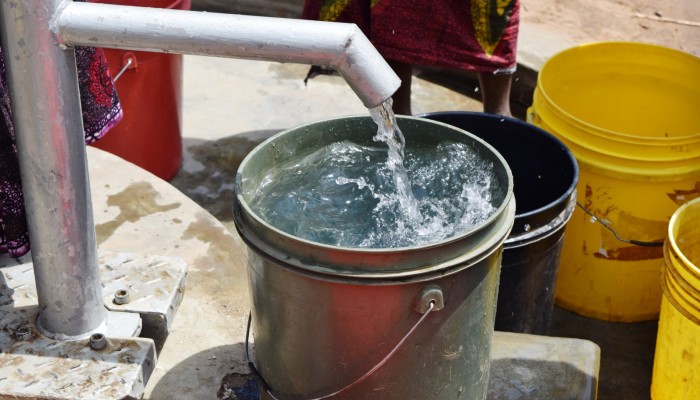How can an understanding of geology support and strengthen international development? #1 – Through the provision of clean water, dignified safe sanitation and hygiene training (WASH). The expert knowledge of hydrogeologists is essential if effective, sustainable projects are to be completed. Effective and sustainable WASH projects can improve education, health, income generation, the qualit ...[Read More]
GeoLog
Union-wide events at EGU 2015
Wondering what to expect at our General Assembly this year? Here are some of the highlights: Great Debates (GDB) This year we’re holding not one, not two, but four Great Debates! The topics covered this year are varied, from: The impact on global geoscience of accelerating Asian research, through to a debate about Open Access publishing, via discussing global freshwater use and water security and ...[Read More]
GeoLog
Imaggeo on Mondays: Drumlins Clew Bay
During ice ages landscapes are sculpted by the power of advancing glaciers. From rock scratches, to changing mountains and the formation of corries, cirques and aretes, through to the formation of valleys and fjords, the effects of past glaciations are evident across the northern hemisphere landscape. Perhaps not so familiar, drumlin fields are also vestiges of the erosive power of ancient ice she ...[Read More]
GeoLog
GeoEd: Lessons from the EGU 2014 GIFT Workshop
Today’s GeoEd post is brought to you by Susan Tate, an 8th grade teacher from Michigan in the USA. Susan attended the GIFT workshop held during the General Assembly last year. The GIFT programme offers primary school to high school teachers the opportunity to upgrade their knowledge in geophysical themes and to shorten the time between new discoveries and textbook information. After three d ...[Read More]
GeoLog
Communicate your Science Video Competition finalists: time to get voting!
For the second year in a row we’re running the EGU Communicate Your Science Video Competition – the aim being for young scientists to communicate their research in a short, sweet and public-friendly video. Our judges have now selected 3 fantastic finalists from the excellent entries we received this year and it’s time to find the best geoscience communication clip! The shortlisted videos will be o ...[Read More]
GeoLog
Looking for a job in the geosciences? Visit the job spot at EGU 2015
The General Assembly can be an excellent source of information for those looking for jobs or doctoral positions. The Job Spot, is located in the EGU and Friends area, next to the EGU Booth (Hall X, Blue Level) has a searching station linked to the EGU jobs portal, so you can find the latest vacancies and who’s providing them. Check the session programme and see if they’re here too – what better pl ...[Read More]
GeoLog
EGU 2015: Get the Assembly mobile app!
The EGU 2015 mobile app is now available for iPhones and Android smartphones. To download it, you can scan the QR code available at the General Assembly website or go directly to http://app.egu2015.eu on your mobile device. You will be directed to the version of the EGU 2015 app for your particular smartphone, which you can download for free. Once you open the app, the dashboard will show you four ...[Read More]
Geology for Global Development
HFA2: Some take home messages from Sendai…
Clare Sweeney is the latest recruit to the GfGD Blog team – focusing her columns on all things related to geohazards and disaster risk reduction. Clare is a recent graduate of Bristol University’s Masters Programme in Volcanology, through which she spent time in both Guatemala and Japan. Today Clare reflects on the recent World Conference for Disaster Risk Reduction. Here are her thoug ...[Read More]
GeoLog
Imaggeo on Mondays: Escullos
This picture shows a Quaternary aeolianite fossil dune at the Escullos beach, in the Nature Reserve of Cabo de Gata (Almeria, Spain). Originally a soft accumulation of sand grains, shaped by the wind into large mounds and ridges, the dunes eventually turn into rock. As the sediments compact under their own pressure and expel any moisture and fluids retained within them, they become lithified and b ...[Read More]
Geology for Global Development
World Water Day 2015
Today is World Water Day, with a special focus on water and sustainable development. Water is a fundamental human need, used for drinking, washing, cooking and sanitation. Yet it is estimated that nearly 800 million people lack access to clean water. More people on the planet own mobile phones than have access to flushing toilets. In the past I’ve seen many places where people have to colle ...[Read More]

